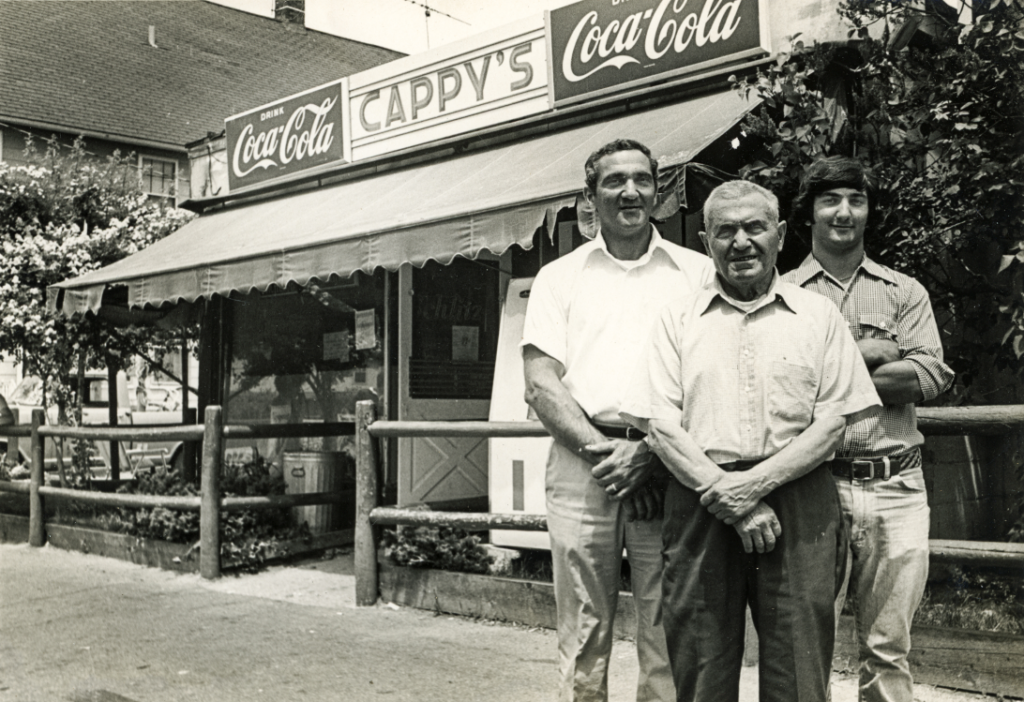
WHITINSVILLE, Mass.—The Armenians of Whitinsville project is one of 35 humanities and arts organizations in Massachusetts to be awarded a grant from the Mass Humanities Council. The $1.2 million awarded in total to these 35 organizations represents the single largest grant line in the history of Mass Humanities. Awards ranged from $16,000 to $40,000 for organizations with budgets of $500K or less; the Armenians of Whitinsville project received $40,000. The grants were funded to Mass Humanities from the Mass Cultural Council and are part of Massachusetts’ multi-billion dollar pandemic recovery spending plan.
The Armenians of Whitinsville project was founded during the pandemic and is dedicated to celebrating this early Armenian American community’s post-genocide survival after more than a century. Central to the project’s vision is a website, which serves as a modern Houshamadyan of Armenian American life over the generations in a diaspora community founded at the end of the 19th century. Collections on the website capture the families, work, church and school memories that shaped the lives of many generations, with photographs, memory objects, recordings, documents and recipes. Sharing these collections illustrates how Armenians became an integral part of this Massachusetts community, helping it to learn and grow with a spirit of service to others. Putting the website and its contents together has been a grassroots effort run by volunteers. The Armenians of Whitinsville project is looking forward to using the grant’s funding to contract the consulting help needed to strengthen the website’s infrastructure and expand the project’s visibility through social media and events.
Research conducted by the project team has already surfaced some discoveries of historical significance, including a letter written by a missionary in Marash to a member of the town’s founding family detailing her eyewitness testimony of the massacres there in the 1890s. At the time when Arthur Fletcher Whitin received this letter from Clara Hamlin Lee in 1896, there were already approximately 100 Armenian men working at his textile machinery factory, and the earliest of the Armenian families were settling in town.
Volunteers for the project are working with families to help them put together their family histories and collections. This has included translating and subtitling recordings done in the 1970s and 1980s to broaden the reach of these Genocide survivors’ life experiences to viewers unfamiliar with their native Western Armenian dialect. The project’s founders believe that other concentrated ethnic communities, especially those who emigrated because of trauma, will learn from this project the importance of preserving their histories for generations to come.
Additionally, the Armenians of Whitinsville project is currently completing its work on a 2022 Expanding Massachusetts Stories grant from Mass Humanities to conduct new oral history recordings among Armenians with Whitinsville roots. That work, which complements the historical recordings the project has translated and posted, has been done with guidance from the University of Southern California Institute for Armenian Studies.
Anyone with an interest in the Armenian diaspora or in post-genocide survival can learn by exploring the collections on the website. The project invites anyone with Armenian ancestors who can trace their American journey to Whitinsville to reach out to the team about building their own collection at info@armeniansofwhitinsville.org.
